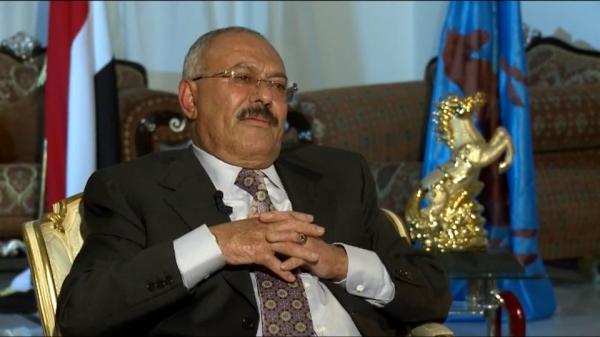It came to my attention a few weeks ago that the United States was removing the 50+ stored nuclear weapons in Incirlik, from Turkey to Romania. Seems with some slight additional reporting that could be an accurate condition due to the unrest that persists since the failed coup of Erdogan. It is also reported that he is clearing some 38,000 prisoners from prisons to make room for those he has designated as participating in the coup. Meanwhile, the United States has dispatched a team to Ankara to talk over the demand by Erdogan to extradite Fethullah Gulen to Turkey after a complete docier was provided, complete with evidence that Gulen was part of the coup operations. (Note: Turkey is the only Islamic country that is a member of NATO). (Another note: Gulen is a friend and protected by Hillary)
While there are thousands of moving parts here with regard to Turkey, it is quite worthy to mention that after Turkey shot down a Russian fighter in the Turkman region the anger of Moscow grew towards Turkey, but that is no longer the case, in fact Putin and Erdogan have moved beyond history and have re-established collaboration and relations.
Meanwhile, now that Turkey is no longer and issue for Russia, it remains a big thorn for the United States and NATO. So, what is Russia doing now? The Kremlin is taking on more old relationships and making them new again. Beyond Syria, Venezuela, Cuba, Nicaragua, there is Africa and of course Iran and Yemen. What do you mean Yemen? Yes and all of these objectives are to take control of the Mediterranean, the Black Sea and of course NATO.
Yemen has been at the center of hostilities due to the Iranian backed Houthis where Saudi Arabia has worked towards control and a regime change there. It is also notable that Yemen was a top location for the CIA drone operations towards al Qaeda in the Arabian Peninsula, AQAP, until Iran and then Yemen fell and the United States was forced to flee.
It was announced that Russia recently signed a memorandum of understanding with Iran to use an Iranian airbase to conduct airstrikes against Islamic State. This emerging new couple, Iran and Russia spells trouble ahead for the West including those countries friendly to the West.
Ex-president Saleh offers ‘all Yemen’s facilities’ to Russia

 Looking at this map carefully, not the maritime traffic with oil tankers which are always challenged by Iran as are navies.
Looking at this map carefully, not the maritime traffic with oil tankers which are always challenged by Iran as are navies.
In a TV interview today, Yemen’s ex-president, Ali Abdullah Saleh, appeared to invite Russian military intervention in the country’s conflict. He talked of reactivating old Yemeni agreements with the Soviet Union and offfered “all the facilities” of Yemen’s bases, ports and airports to Russia. Saleh seemed to be advocating something similar to what happened in Syria, where Russia and Iran joined the conflict on the Assad regime’s side under the guise of fighting terrorism. A video of the interview is here, with a transcript in Arabic here. Saleh, who was ousted from the presidency in 2012, is allied to the Houthis who currently control the Yemeni capital and large parts of the country, especially in the north. For more than a year Saudi-led forces, who back Saleh’s exiled successor, Abd-Rabbu Mansour Hadi, have been bombing Houthi-controlled areas of Yemen. Meanwhile the Houthis, who have some Iranian backing, have attacked Saudi territory in the border area.
Talks in Kuwait aimed at ending the war recently collapsed. Separately from the Houthi-Saleh-Hadi conflict there are frequent attacks in Yemen by Islamist militants. In the Russian TV interview, Saleh described Russia as “the closest kin to us”, adding that it has “a positive attitude” in the UN Security Council. Saleh continued: “We extend our hands to Russia. We have agreements with the Russian Federation which were with the Soviet Union. The legitimate heir to the Soviet Union is the Russian Federation, we are ready to activate these treaties and agreements that were between us and the Soviet Union. “We agree on a principle, which is the struggle against terrorism … We extend our hands and offer all the facililties, and the conventions and treaties … We offer them in our bases, in our airports and in our ports – ready to provide all facilities to the Russian Federation.”
